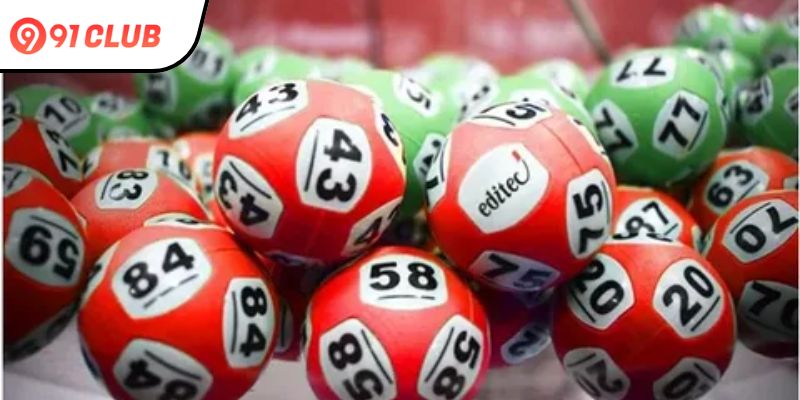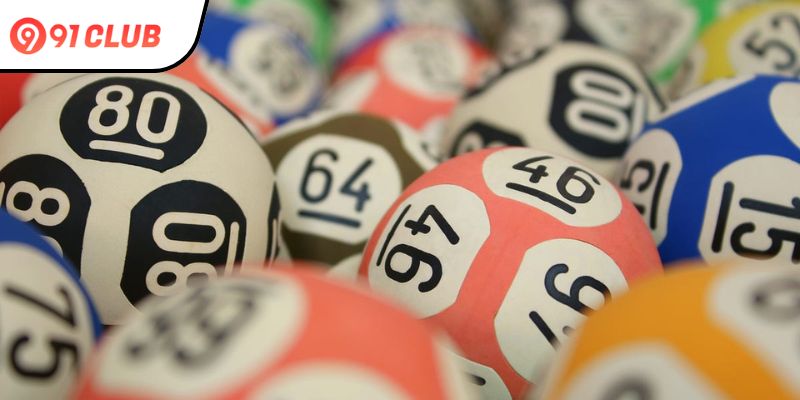“Lottery farming” is a term you may hear in hobbyist circles, message boards, or among people who treat lottery play like a numbers-driven project. Put simply, lottery farming describes any systematic, repeatable approach to buying lottery tickets with the goal of increasing the chance of a payout or producing a steady stream of small wins. That can range from legal, low-tech strategies such as playing syndicates or wheeling systems to higher-volume, automated methods some call “farming” tickets.
This article explains how lottery farming works, the common techniques people use, the economics and legal/ethical issues involved, and safer, smarter alternatives if you enjoy the thrill of the lottery but don’t want to gamble irresponsibly.
What people mean by “lottery farming”
There’s no single, universally accepted definition, but the label usually covers three broad activities:
- Bulk ticket purchasing — buying a very large number of tickets (manually or via agents) for the same draw or multiple draws to increase absolute probability of winning any prize.
- Syndicates & wheeling systems — organized groups pooling money to buy many combinations in a structured way (wheeling) so the group covers more number combinations.
- Automated/algorithmic buying — using scripts, bots, or API-driven services to automatically purchase or generate many tickets across draws. (This is often restricted or against terms of service with many official vendors.)
All three share the common idea: use scale, structure, or automation to “farm” more lottery entries than a single casual player would.

Common lottery-farming techniques
1. Syndicates (pooling)
A syndicate pools money from several players to buy multiple tickets. Syndicates spread cost and increase overall coverage. If the group wins, prizes are split among members. Syndicates are a classic, legal approach widely used in office pools and among friends.
Pros: Affordable per person; increases chance of a win for the group.
Cons: Winnings are shared; more administrative complexity (tracking shares, payouts).
2. Wheeling systems
Wheeling is a mathematical method to organize many combinations so you cover combinations more efficiently than pure random buying. For example, in a 6/49 game, a wheel may let you guarantee certain smaller wins if some numbers appear.
Pros: More efficient coverage than random bulk buying; predictable guarantees for partial matches.
Cons: Still expensive; no guarantee of jackpot; complexity can be high.
3. Systematic bulk purchasing
This is straightforward: buy as many different tickets or as many combinations as you can afford. Some players buy large sets of tickets for one draw or subscribe for many draws.
Pros: Simple to implement.
Cons: Cost scales quickly; the marginal return is low because lotteries are designed with poor expected value.
4. Automated ticketing / bots
Some people try to automate ticket purchases using scripts, APIs, or third-party services to buy across many retailers and draws. This approach can be technically complex and often violates vendor terms of service or local law.
Pros: Scales buying power and can exploit timing/availability in some markets.
Cons: Likely prohibited by many operators; risk of account bans; legal risk in some jurisdictions.
The math: why farming rarely beats the odds
Lotteries are designed so the expected return on a ticket is negative (the house edge). That means:
- Buying more tickets increases your absolute chance of winning (you might turn a 1-in-10 million chance into, say, 5-in-10 million with five tickets), but it does not change the expected value per ticket.
- To overcome the negative expected value with bulk buying, you need to hit very large prizes with extremely low probability. That’s why the “buy more tickets” idea rarely turns into a profitable long-term business.
Illustration: If a ticket has an expected value of $0.60 (for a $1 ticket), buying 1,000 tickets costs $1,000 but is expected to return $600 on average — a loss of $400. More tickets increases variance but not expected profit.
Legal & ethical considerations
- Terms of service: Many official vendors explicitly ban automated ticket purchases or multiple accounts. Violating TOS can result in frozen accounts and forfeited winnings.
- Regulatory rules: Some jurisdictions cap ticket purchases per person or per draw to prevent syndicates from monopolizing prizes.
- Fraud risk: Using third-party “farm” services can expose you to scams. Always verify the reputation and licensing of any service.
- Tax & reporting: Large winnings may trigger reporting requirements. Syndicate members must clearly document shares to avoid disputes.
Before trying any large-scale ticketing approach, read local gambling laws and the vendor’s terms, and consult a legal professional if you plan to scale operations.
Practical problems most lottery farmers face
- Upfront capital requirement: Buying many tickets requires a lot of cash and patience.
- Storage and tracking: Keeping track of hundreds or thousands of physical tickets is a logistical headache.
- Claiming prizes: Some lotteries require winners to claim prizes in person; coordinating claims for syndicates can be tricky.
- Low expected return: As explained, buying volume rarely changes the negative expectation.
- Operational risk: Bot-based systems can be blocked; vendors may change policies to block automated buying.

Safer, smarter alternatives to “farming”
If what you enjoy is the thrill of trying for an upside, but you want to avoid financial drains or legal trouble, consider these alternatives:
1. Play in small, well-structured syndicates
Formalize the group with clear rules, written agreements and a trusted treasurer. That maximizes fun and minimizes dispute risk.
2. Use wheeling selectively
Apply wheeling systems sensibly — choose smaller wheels that fit your budget and understand the risk/reward tradeoffs.
3. Treat lotteries as entertainment, not investment
Set a strict monthly budget and stick to it. Think of tickets as a modest entertainment expense.
4. Focus on games with better expected returns
Some state-run daily lotteries or raffle-style games have better odds and payouts relative to their price. Compare the expected value when possible.
5. Seek promotions and value
Look for legitimate promotions (bonus tickets, multi-draw discounts) that boost value without increasing risk.
Real-world example (illustrative, not prescriptive)
A community soccer club pooled 50 members who each contributed $10 to buy $500 in tickets for a local weekly lottery. They used a small wheeling system to maximize coverage for lower-tier prizes. Over a year the club hit multiple small prizes that recouped expenses and even funded club activities. They didn’t win any jackpots, but the syndicate model produced predictable, modest returns and communal fun — exactly the intended outcome.
This example shows how pooling can turn lottery play into a social experience rather than a lone, high-stakes gamble.
Final thoughts — is lottery farming for you?
“Lottery farming” can mean different things to different people. If your goal is to chase a jackpot and you’re treating tickets as entertainment money, pooling with friends or using modest systems can be enjoyable and social. If your goal is to profit, the math is blunt: lotteries favor the house. Bulk buying raises variance but not long-term profit.
If you try any kind of farming strategy:
- Know the legal rules and vendor policies.
- Keep purchases within a strict entertainment budget.
- Use transparent agreements for syndicates.
- Avoid any service that encourages or requires deception or automation that violates terms.

The healthiest approach is to treat lotteries as a low-cost thrill — a small, controlled part of a balanced life. If you want a better blend of risk and return, consider financial investments, savings plans, or skill-based gaming where skill, not luck, drives outcomes.
